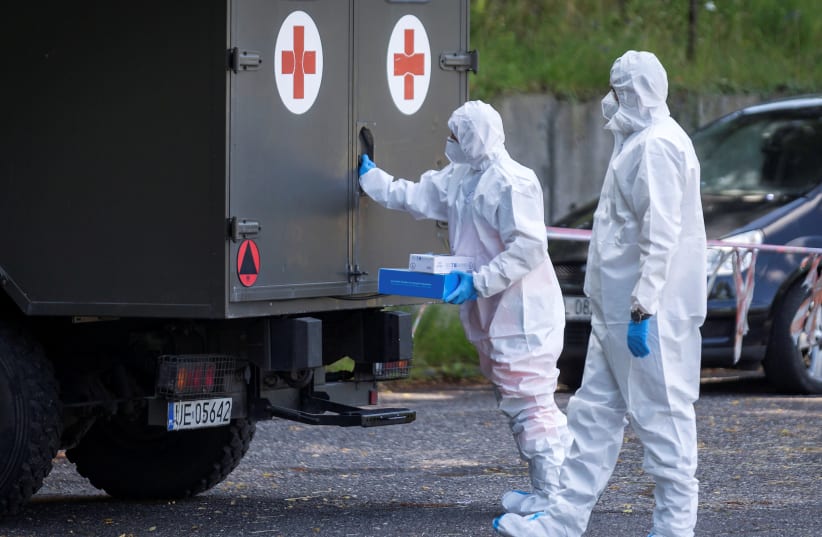Praised for their implementation of a swift lockdown in the early stages of the pandemic, some government ministers have since come under criticism for issues surrounding the purchase of medical equipment or preparations for a presidential election in May which in the end could not go ahead.
The draft bill says it is not a crime to break laws with the intention of counteracting COVID-19, if you are doing so in the interests of society and if the action taken to fight the virus would be seriously impeded or impossible if you did not break the law. Critics say it could let people in power off the hook.
Signataries include Agriculture Minister Jan Krzysztof Ardanowski and Deputy Parliament Speaker Ryszard Terlecki.
Health Minister Lukasz Szumowski, whose handling of the pandemic had made him Poland's most trusted politician in April, has faced calls to quit over his ministry's payments for ventilators the opposition say never arrived and alleged irregularities in buying masks.
State Assets Minister Jacek Sasin has also been under pressure over his handling of preparations for the May election which in the end had to be postponed due to the pandemic.
"These are further... propositions that are supposed to protect people in power," said Anna Materska-Sosnowska, a political scientist at Warsaw University. "This is supposed to serve Szumowski, this is supposed to serve Sasin."The law would be applicable to incidents that occurred before it came into force.
